Automotive Retail ERP Development

Automotive Retail Success Stories
Automotive Retail ERP Platforms empower dealerships, garages and car trading businesses.
Build from scratch or modernize your exisitng platform with feature enhancements and updated 3rd party integrations
Automotive Retail ERP Software
Advanced system managing real-time vehicle tracking with integrated VIN decoder, book value calculators (KBB, NADA, Black Book), and market-based pricing analytics. Features automated stock aging alerts, cross-location inventory optimization, and dynamic pricing adjustments based on market demand and competitor analysis.

Centralized platform handling core dealership operations with multi-location support. Integrates with OEM communication systems, manages repair orders, and coordinates interdepartmental workflows. Features automated accounting, real-time reporting, and compliance management. Includes built-in security protocols and role-based access control.
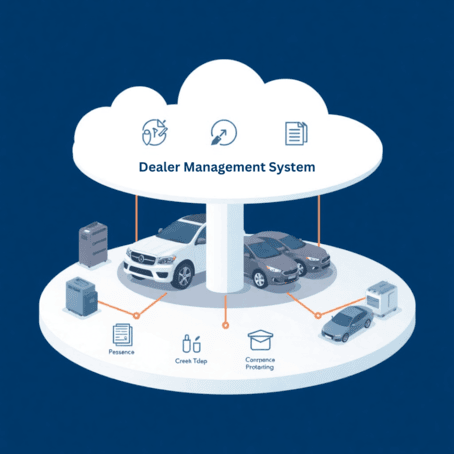
Paperless document management solution with OCR-enabled scanning, automated deal jacket processing, and secure digital storage. Integrates with credit bureaus, manages compliance documentation, and features automated form filling. Includes electronic signature capabilities and audit trail tracking.
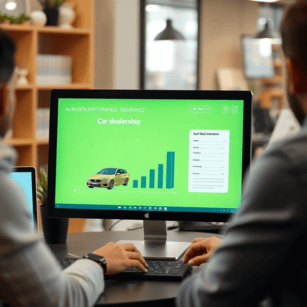
Customer relationship platform with AI-powered lead scoring, automated follow-up sequences, and deal desk integration. Incorporates digital communication tools (SMS/email/voice), tracks customer interactions, and manages sales pipeline. Features custom chatbots,
web forms for deal management, and predictive analytics for sales forecasting.
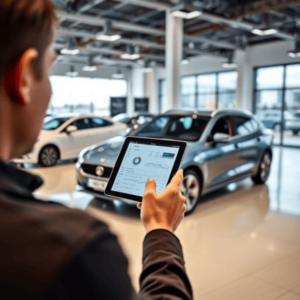
F&I platform with integrated lender communication through RouteOne/DealerTrack. Features automated compliance checks, digital contracting, and menu selling capabilities. Includes real-time credit application processing, payment calculator, and automated state-specific form generation with TILA/Reg Z compliance.
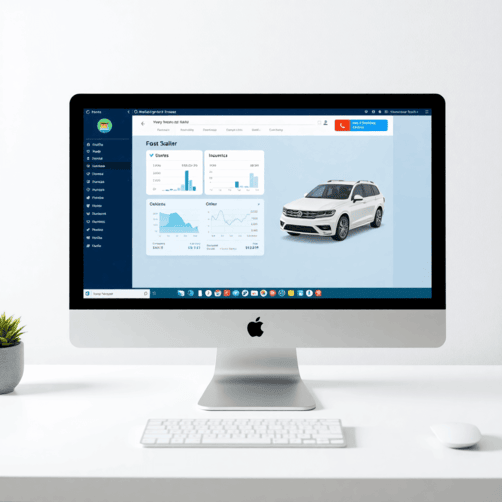
ERP Software Solutions
Let automotive dealerships take control of entire processes, from inventory and service scheduling to automotive management decisions.
Reduce inventory holding costs
Smart inventory management optimizes stock levels and reduces costs of maintaining excess vehicle inventory.
Increase Upsell Opportunities
System identifies cross-selling opportunities by analyzing customer data and purchase patterns for better sales.
Fewer Administrative delays
Automated paperwork and digital documentation makes vehicle sales and service processes efficient.
New market share with 3rd party APIs
CIS and CVD Integrations enable connecting with third-party marketplaces for better customer reach and retention.
Our Expertise

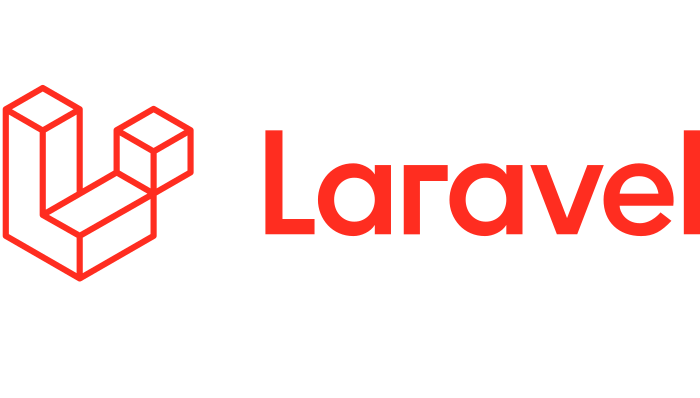








Automotive ERP Software Integrations
Himcos specializes in seamlessly integrating critical automotive data sources with your existing dealership systems. We offer expert implementation and support for key integrations, including:
Autodata CVD
We help Automotive DMS and CRMs with Autodata CVD Integration to get the most accurate, timely and complete vehicle data.
CIS Automotive Integration
Get CIS Automotive Integration in your dealership CRM to prevent lost sales, unreliable vehicle data and inventory reports.
Other Automotive CRM Integrations we offer
Marketplace integrations are platforms where vehicles can be bought and sold.
- Facebook Marketplace: A social media-based platform for buying and selling items, including cars. It leverages Facebook’s vast user base to facilitate local and regional vehicle transactions, connecting buyers and sellers through a familiar interface.
- Autotrader: A comprehensive platform for buying, selling, and researching vehicles. It offers detailed listings, comparison tools, and market insights to help users find the best deals and make informed purchase decisions.
- eBay: A global marketplace for a variety of products, including vehicles. It enables sellers to list their cars, set auction or fixed prices, and reach a wide audience, while buyers can bid or buy directly.
- Stripe Payment: An online payment processing platform that facilitates secure transactions for businesses. It supports multiple payment methods, including credit cards and digital wallets, making it easy for businesses to manage payments and financial operations.
Payment integrations handle financial transactions and credit. Extensions include additional functionalities that support the primary operations.
- Car Gurus: A car listings and price comparison platform that helps users find and compare vehicle prices. It offers tools for evaluating car values, dealer ratings, and market trends to aid in the decision-making process.
- Website Sync: Integrates and synchronizes car inventory with the dealership’s website, ensuring that online listings are always up-to-date. This automation reduces manual updates and improves the accuracy of online information for potential buyers.




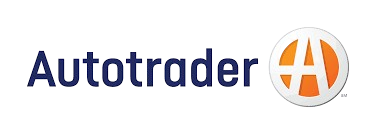


FAQs
An Automotive CRM enhances customer relationship management, optimizes lead tracking, and improves sales processes.
The system offers real-time tracking of inventory, ensuring accuracy and transparency in stock management.
By automating tasks, optimizing workflows, and providing real-time data, the system enables faster, more efficient sales operations.
The DMS integrates with a variety of third-party tools, streamlining workflows, enhancing data sharing, and ensuring smooth, efficient dealership operations without interruptions or complications.
An Automotive CRM collects and analyses customer data across various touchpoints, offering comprehensive insights into buying behaviour, preferences, and engagement patterns, enabling more informed and personalized sales strategies.

